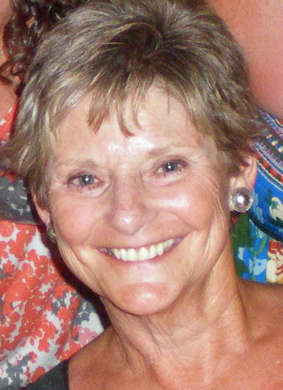Karen Posts:
DEAR ERI COMMUNITY: Being near a few colleges, theater communities and a recording studio, I’ve been getting adult voice clients coming into out-patient without an actual pathology – but rather, looking to become better singers.
They have been told that a speech-language pathologist can be a great voice teacher,
so are coming in to learn techniques for expanding their range, have their voices not ‘crack’ when reaching for certain notes, etc.
Please Help! I would appreciate anyone’s specific techniques, or links to where I can find specific plans, for something this high level and specialized.
Thank You All So Much!


